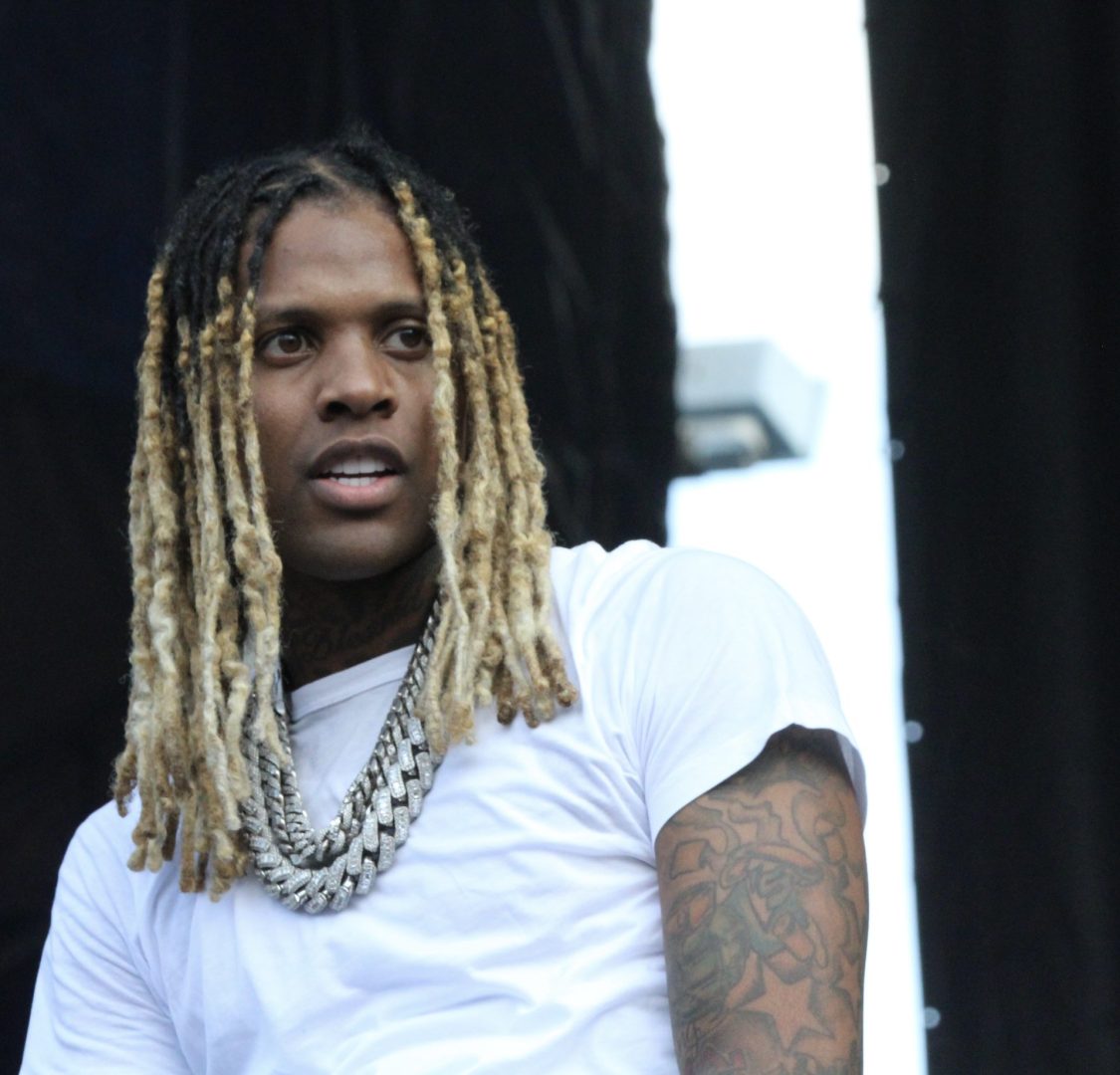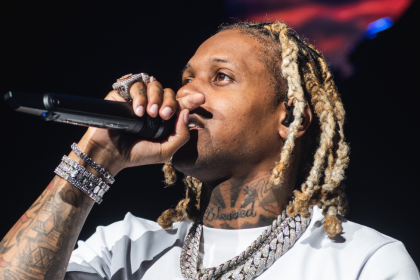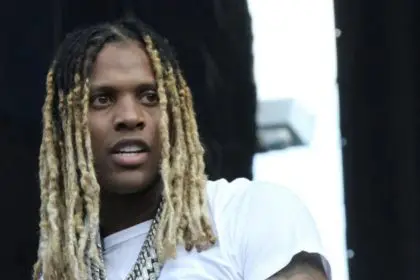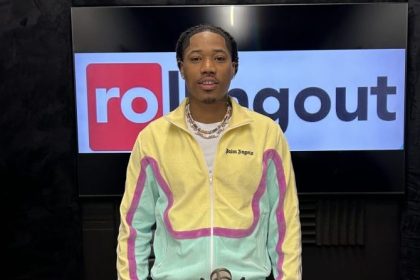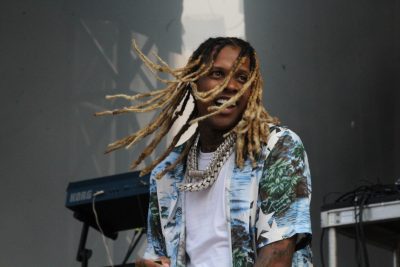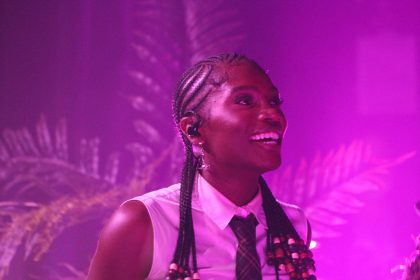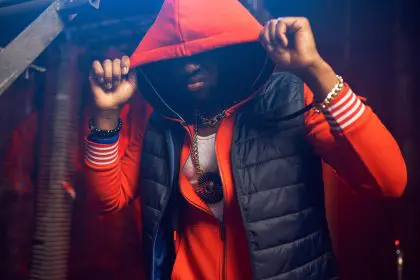Rapper Lil Durk, born Durk Davontay Banks, is at the center of a high-profile legal case involving allegations of a murder-for-hire scheme targeting fellow artist Quando Rondo. The charges, brought forward by the U.S. attorney’s office in Los Angeles, have drawn significant public and media attention, raising questions about the use of artistic expression as legal evidence and the broader implications for the hip-hop community.
The charges against Lil Durk
In late November, prosecutors accused Lil Durk of orchestrating a plan to eliminate rival rapper Quando Rondo. Allegedly, Durk paid five associates from his South Side Chicago-based rap collective, Only the Family, to carry out the act. In addition to financial compensation, prosecutors claim Durk promised music career opportunities for those involved in the alleged shooting.
Durk, who has pleaded not guilty, is scheduled for a detention hearing later this month. If convicted, the charges could carry significant legal consequences, marking a pivotal moment in the rapper’s career.
A legal controversy
A particularly contentious element of the case is the prosecution’s reliance on Lil Durk’s lyrics as evidence. This approach has sparked intense debate, with critics arguing that using an artist’s creative work in a legal setting often reflects a lack of substantive proof.
Durk’s legal team strongly opposes this tactic, viewing it as a misrepresentation of his artistry. In their defense, they emphasized, “When rap lyrics are quoted as evidence, it’s often a sign of desperation from the prosecution.” They also highlighted Durk’s personal achievements, describing him as a Grammy Award-winning artist, devoted father, and dedicated philanthropist.
This issue is not new to the hip-hop community. Many artists have faced similar challenges, where their lyrics—often reflecting fictional or exaggerated narratives—are used against them in court. Critics argue this practice unfairly targets Black artists and limits creative freedom, while proponents claim it can provide context in criminal cases.
Philanthropic efforts in Chicago
While battling serious allegations, Lil Durk’s commitment to giving back to his community stands in stark contrast to the charges against him. Through his Neighborhood Heroes Foundation, he has spearheaded numerous charitable events across Chicago, aiming to uplift underserved communities.
Over the years, Durk has organized school supply drives, food distribution events, and initiatives supporting local youth. His philanthropic work has earned him widespread praise, offering a counter-narrative to the accusations he now faces. His attorneys have been vocal about this, stressing that his contributions highlight his genuine commitment to positive change.
A cycle of violence in hip-hop
The allegations against Lil Durk are deeply intertwined with broader patterns of violence within the hip-hop community. The case stems from the shooting death of King Von, a close friend and fellow Chicago drill rapper, in November 2020. King Von’s death was allegedly reportedly part of a series of retaliatory acts involving rival factions within the rap scene.
Federal prosecutors allege that the plot against Quando Rondo was an act of revenge for Von’s death. The incident in question occurred in August 2022, when Rondo and his family were targeted while traveling in West Hollywood. Although Rondo and his sister escaped unharmed, the attack claimed the life of his cousin, Saviay’a Robinson.
Authorities believe the shooting was carefully orchestrated and part of a larger pattern of violence within the rap industry, further fueling public discourse about the intersection of art, fame, and real-world conflict.
Legal and cultural implications
Lil Durk’s case underscores a critical issue: the intersection of artistic expression and the legal system. Hip-hop, as a genre, often reflects the struggles and realities of urban life, using vivid and, at times, provocative imagery. However, when lyrics are introduced as evidence in court, it raises concerns about freedom of speech and the potential for misinterpretation.
This case could set a precedent for how the justice system treats artistic works in criminal cases. If convicted based on lyrical content, it may lead to heightened scrutiny of artists’ creations, potentially stifling creativity and reinforcing stereotypes.
On the flip side, the case also highlights the ongoing violence within certain segments of the hip-hop community. Critics argue that artists and industry leaders must take more responsibility for promoting peace and discouraging the glorification of conflict.
A defining moment
As Lil Durk prepares to defend himself in court, the stakes extend far beyond his personal freedom. The case will likely shape discussions about the role of art in the legal system and the broader cultural challenges facing the hip-hop community.
Durk’s fans, legal experts, and cultural commentators are all watching closely as the case unfolds. For his supporters, his philanthropic efforts and artistic achievements remain a testament to his potential for positive influence, despite the serious charges he faces.
A complex legacy
Whether Lil Durk’s legal battle ends in vindication or conviction, his story is a complex tapestry of talent, controversy, and resilience. He has built a career as one of hip-hop’s most influential voices, with music that resonates deeply with fans. At the same time, his life reflects the challenges faced by many in his community—a mix of ambition, adversity, and the lingering effects of systemic inequities.
As the legal process continues, this case will likely serve as a focal point for broader discussions about justice, art, and responsibility. For Lil Durk, it is a moment of reckoning that will define not just his career, but also his legacy in both music and public life.

